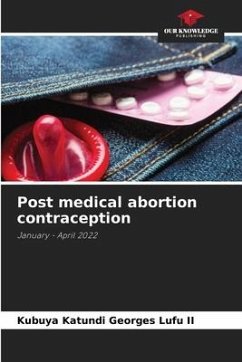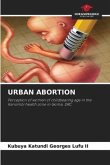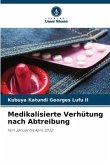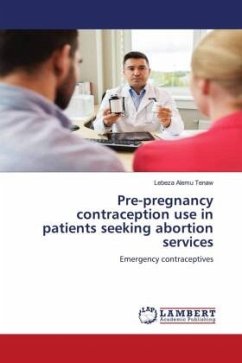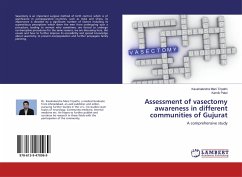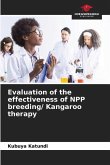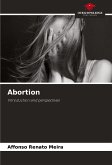Clandestine abortions increase maternal morbidity and mortality in sub-Saharan Africa and are encouraged by restrictive legislation and low contraceptive prevalence. In Walikale, the use of medical abortion services seems to be a reality despite social-cultural, religious and legal barriers; nevertheless, adherence to a contraceptive method after self-medication abortion seems to be a procedure that is not acceptable to the majority of women who have had abortions. The study aimed to determine the proportion of women who had medical abortions who had adhered to a contraceptive method and the sociodemographic profile of the patients involved.Our study on post-abortion contraception shows that after medical abortion, the department offering this service free of charge in Walikale uses all its means to sensitize women who have had an abortion on the importance of using a contraceptive method after an abortion because one can become pregnant within a few days after an abortion. Despite good sensitization, the majority of women do not want to adhere to post-abortion contraception because of the myths surrounding the use of contraception.
Bitte wählen Sie Ihr Anliegen aus.
Rechnungen
Retourenschein anfordern
Bestellstatus
Storno

